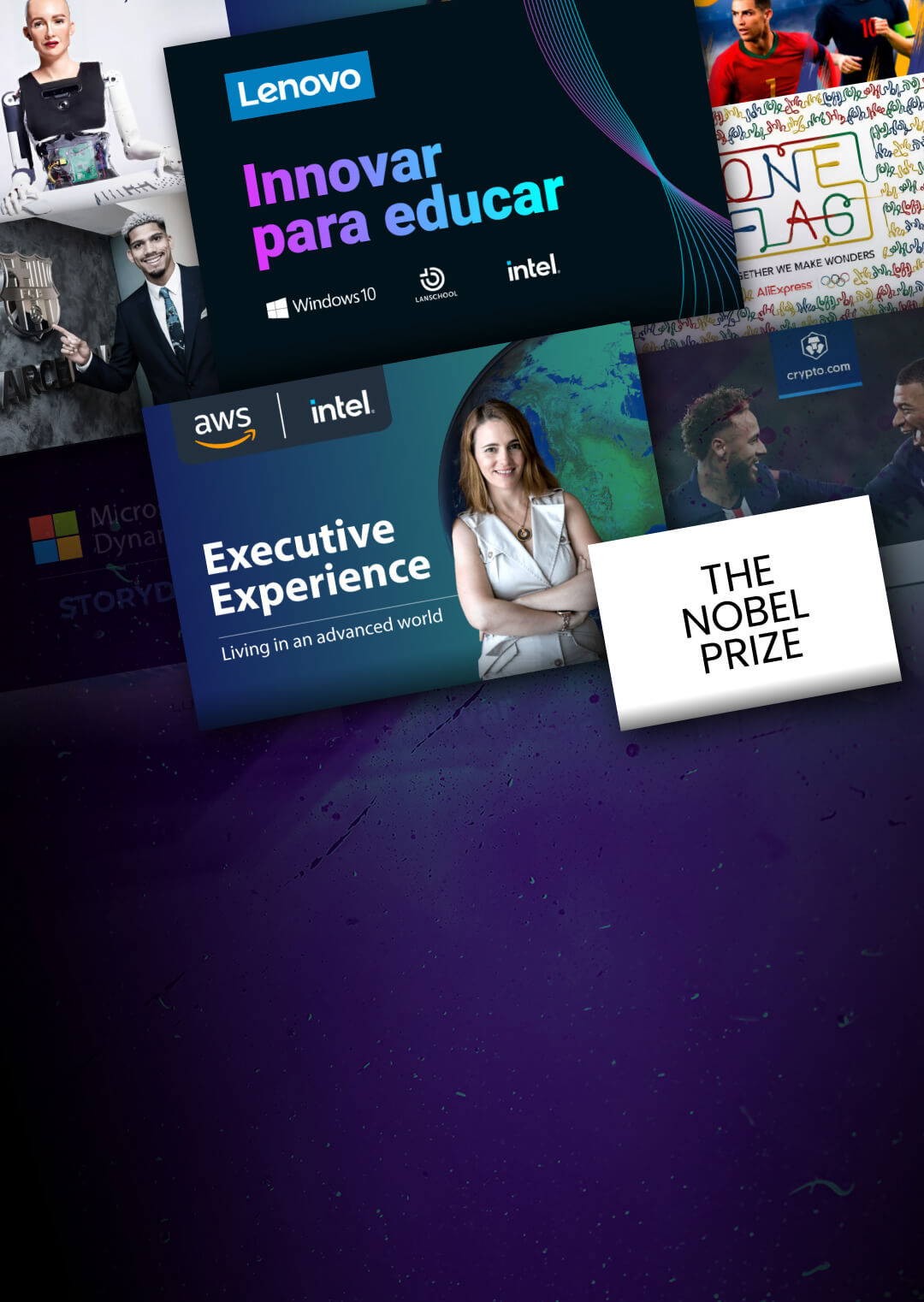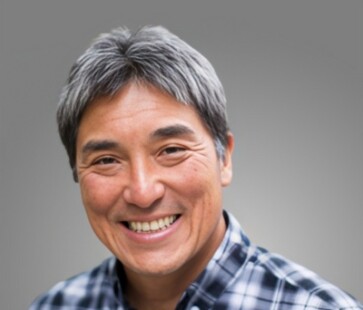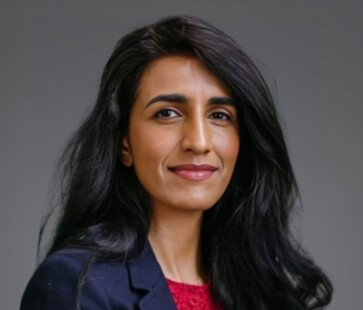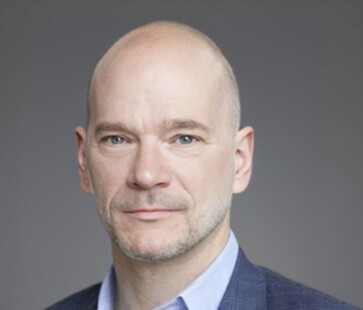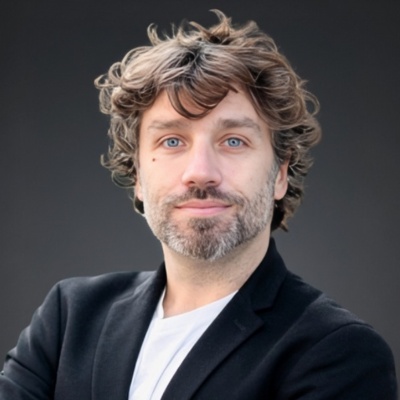
Miguel Luengo Oroz
Scientist and entrepreneur, pioneer in artificial intelligence applied to social good. He inspires by demonstrating how technology can transform realities, combining innovation, ethics and commitment to humanity.
Biography / Speaker Info
Miguel Luengo Oroz is a leading Spanish scientist, social innovator and expert in artificial intelligence, recognized for his pioneering work in the use of technology for social good. His career is a clear example of a career that fuses scientific rigor with a deep humanistic vision, which has positioned him as one of the most influential voices in the debate on how AI can solve society's most pressing problems. With a focus on data science and innovation, Luengo Oroz has left a deep imprint on the technology, driving its application in projects of great social impact.
His career took off in the world of research, where he worked on developing mathematical models and algorithms to predict human behavior. This revelation led him to found Data-Pop Alliance, a non-profit organization that uses artificial intelligence and big data to solve social problems, such as poverty, inequality and climate change. Under his leadership, the organization has become a global reference in the field of social innovation and has collaborated with governments, NGOs and companies to create scalable and sustainable solutions.
In 2017, Miguel Luengo Oroz was appointed Chief Data Scientist at the UN, a role that catapulted him to the forefront of the public policy debate. In his position, Luengo Oroz was charged with leading the organization's data strategy, using AI to make smarter decisions in areas such as health, education and environmental protection. His work in this role was a clear example of how technology can be a powerful tool for public service, and his vision has become a guide for many other organizations.
In addition to his work at the UN, Miguel Luengo Oroz is a sought-after speaker at technology, business and education events. His talks focus on the future of artificial intelligence, the economics of data and the importance of ethics in innovation. His legacy is measured by his ability to popularize artificial intelligence for social good and his valuable contribution to the debate on technology and ethics.




